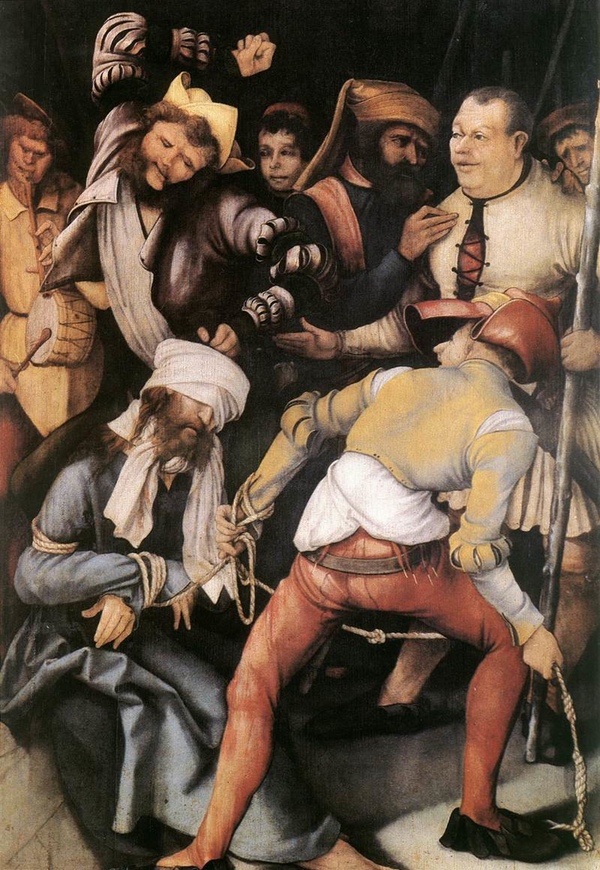
Satis igitur declaratum est quod proprium opus humani generis totaliter accepti est actuare semper totam potentiam intellectus possibilis, per prius ad speculandum et secondario propter hoc ad operandum per suam extensionem. Et quia quemadmodum est in parte sic est in toto, et in homine particulari contingit quod sedendo et quiescendo prudentia et sapientia ipse perficitur, patet quod genus humanum in quiete sive tranquillitate pacis ad proprium suum opus…
Ex hiis ergo que declarata sunt patet per quod melius, ymo per quod optime genus humanum pertingit ad opus proprium; et per consequens visum est propinquissimum medium per quod itur in illud ad quod, velut in ultimum finem, omnia nostra opera ordinantur, quia est pax universalis, que pro principio rationum subsequentium supponatur. Quod erat necessarium, ut dictum fuit, velut signum prefixum in quod quicquid probandum est resolvatur tanquam in manifestissimam veritatem.
It has now been satisfactorily explained that the proper function of the human race, taken in the aggregate, is to actualize continually the entire capacity of the possible intellect, primarily in speculation, then, through its extension and for its sake, secondarily in action. And since it is true that whatever modifies a part modifies the whole, and that the individual man seated in quiet grows perfect in knowledge and wisdom, it is plain that amid the calm and tranquillity of peace the human race accomplishes most freely and easily its given work…
From these things which have been expounded we perceive through what better, nay, through what best means the human race may fulfill its proper office. Consequently we perceive the nearest way through which may be reached that universal peace toward which all our efforts are directed as their ultimate end, and which is to be assumed as the basic principle of subsequent reasoning. This principle was necessary, we have said, as a predetermined formula, into which, as into a most manifest truth, must be resolved all things needing to be proved.
—Dante Aligheri, De Monarchia lib i, cap iv, secs 1-7 (ca. 1311)(A.Henry transl. 1901)
Listen to Josquin des Prez’s motet “Qui habitat” (ca. 1500) for twenty-four voices based on the text of Psalm 91. The visual shows a scene from Michelangelo’s ceiling of the Sistine Chapel, a reminder of Josquin’s service there in the last days of the fifteenth century (before Michelangelo had begun his project). One sole work in Josquin’s hand has survived from his day: it is a graffiti he drew on the walls of the Chapel, where it remains preserved to this day. But manuscripts of his masses, composed during his stay in the Vatican, are still in the Sistine Chapel’s library.


